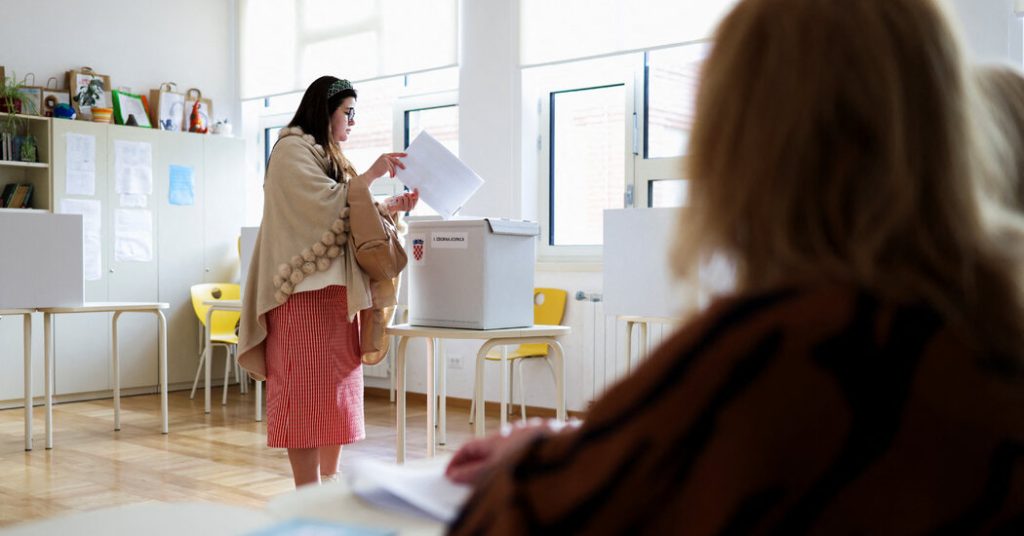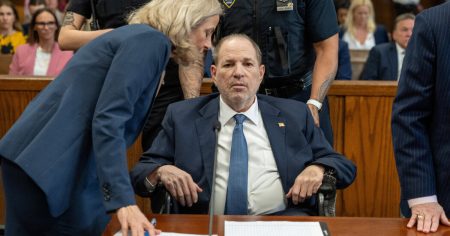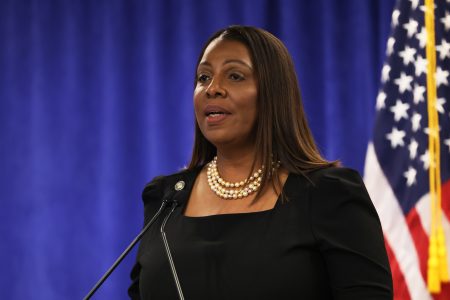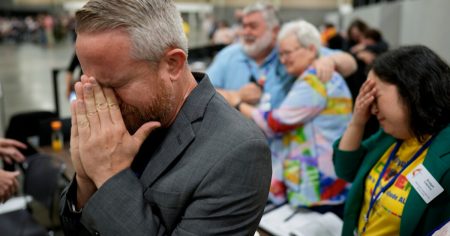A far-right party emerged as a potential kingmaker in Croatia after the recent parliamentary election, where the governing conservatives, led by Prime Minister Andrej Plenkovic of the Croatian Democratic Union (HDZ), finished first but did not secure enough seats to form a new government. This outcome marked a shift in the country’s political landscape, which has been dominated by the HDZ since Croatia’s independence in 1991. The HDZ won 61 seats in the 151-member legislature, while the left-leaning Rivers of Justice coalition led by President Zoran Milanovic came in second with 42 seats, and the far-right Homeland Movement finished third with 13 seats.
Prime Minister Plenkovic acknowledged that his party would need help from rival groups to form a government and secure a third term in office. Talks with potential allies had already begun, with hopes of forming a government “soon.” The election results reflected a trend seen across Europe, where the political center is losing voters to far-right and far-left parties that are reacting to Europeanization. Pressure to adopt EU policies on gender and LGBTQ rights has led to support for far-right politicians like those in the Homeland Movement. To secure a majority in parliament, HDZ is likely to seek support from the Homeland Movement and other parties.
The Homeland Movement, despite favoring staying in the EU, may play a key role in coalition-building with HDZ, as they emerged as the third-strongest party in Croatia. Their leader, Ivan Penava, ruled out coalitions with ideological opponents on the left or ethnic Serb legislators. This left the door open for a potential alliance with HDZ, a party that has moved from its far-right roots to a more mainstream conservative stance. While the Homeland Movement opposes many of HDZ’s policies on Europe, such as adopting the euro, they align more closely with HDZ than with the left-leaning Rivers of Justice coalition.
The election campaign was marked by a personal rivalry between Prime Minister Plenkovic and President Milanovic, with both men trading insults throughout. Despite this, voters did not favor either candidate, instead opting for parties on the political flanks, resulting in a high voter turnout of 62 percent, the highest since 2000. President Milanovic, whose candidacy for prime minister was ruled unconstitutional, ignored the ruling and led the opposition campaign. The Social Democrats, a major component of the Rivers of Justice coalition, indicated they would try to form a coalition government to prevent Mr. Plenkovic from staying in power.
Overall, the outcome of the Croatian parliamentary election has introduced a period of political uncertainty in the nation, with the potential for the far-right Homeland Movement to shape the formation of a new government. As discussions and negotiations continue between the various parties, the future direction of Croatian politics remains uncertain. The election results highlighted a shift away from the traditional dominance of the HDZ and indicated a growing influence of far-right and far-left parties, reflecting broader trends seen across Europe.














